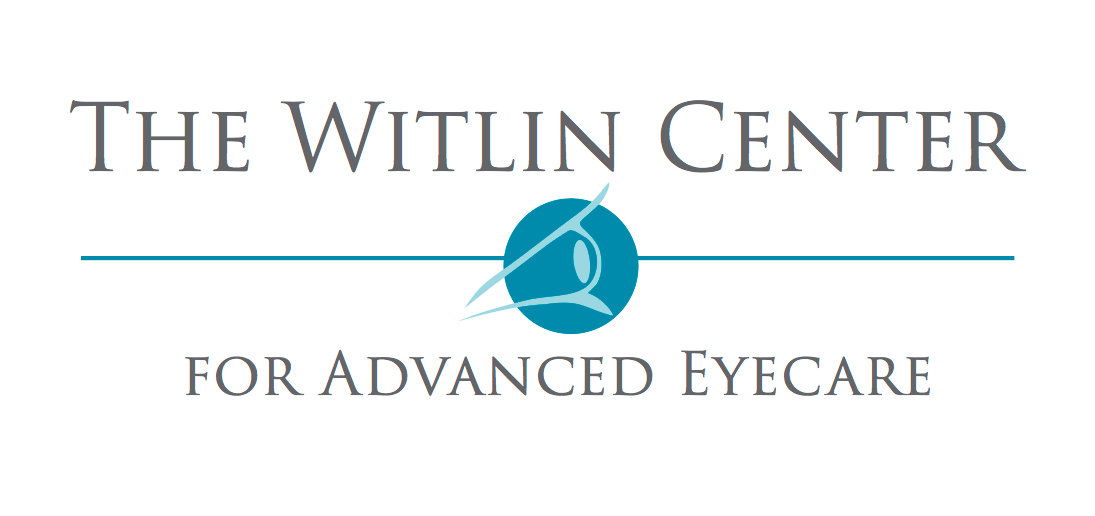
16 Jul How Genetics Can Play a Role in Eye Health
Does your dad wear glasses? Does your mom have a lazy eye? Are you wondering if that means you or your children will, too? It might. Genes passed down from our parents determine our eye color, our hair color, and a number of other traits. So, of course, the genes we inherit from our parents can also contribute to a variety of health conditions, including eye diseases and vision impairments.
Sometimes, having a mutated gene guarantees you’ll develop a certain disease; other times, it simply means you’re more likely to develop it. Many eye diseases are caused by a combination of genetics, environmental factors, and other conditions such as age and lifestyle.
Some eye conditions are congenital, meaning they’re present at birth, while others might not show up until later in life. Knowing and sharing your family’s eye health history with your ophthalmologist at The Witlin Center for Advanced Eyecare is an integral part of managing and maintaining your and your family’s long-term eye health and vision.
Here are just a few conditions that are, at least in part, affected by your inherited genes:
Astigmatism
Affecting about 30% of the population, this common eye condition is signified by an irregular curvature of the cornea, which means it can impact both distance and close-up vision. Some people are born with astigmatism and others develop it later in life. While researchers don’t know precisely what causes astigmatism, they do suspect a strong genetic component.
Strabismus
Strabismus, commonly referred to as eye misalignment or being “cross-eyed,” affects about 4% of all children in the United States, and adults can develop strabismus as well. While certain medical conditions such as cerebral palsy or down syndrome, as well as suffering a stroke or head injury, can lead to strabismus, family history is a known risk factor.
Nearsightedness (myopia) and farsightedness (hyperopia)
These common eye conditions, also known as refractive errors, tend to run in families, which is probably not surprising when you think about how many families you know where just about every member wears glasses.
In fact, one study found that if one of your parents is nearsighted, there’s a 20% chance that you will be too. If both of your parents wear glasses for myopia, the chances that you’ll end up sporting glasses as well is one in three.
Retinal diseases
There are a number of retinal diseases, such as retinitis pigmentosa, choroideremia, and Leber congenital amaurosis, that can lead to varying degrees of vision loss, and they’re all caused by inherited genes.
Glaucoma
Although it’s a leading cause of blindness for people over 60, glaucoma can develop at any age — even in children. If you have a family history of primary open-angle glaucoma, the most common form of the disease, your risk for developing this potentially vision-robbing eye condition is up to nine times higher than for the average person.
To learn more about how your genetic makeup impacts your eye health, call The Witlin Center for Advanced Eyecare, with locations in East Brunswick, Toms River, and Morristown, New Jersey, or make an appointment online.


Sorry, the comment form is closed at this time.